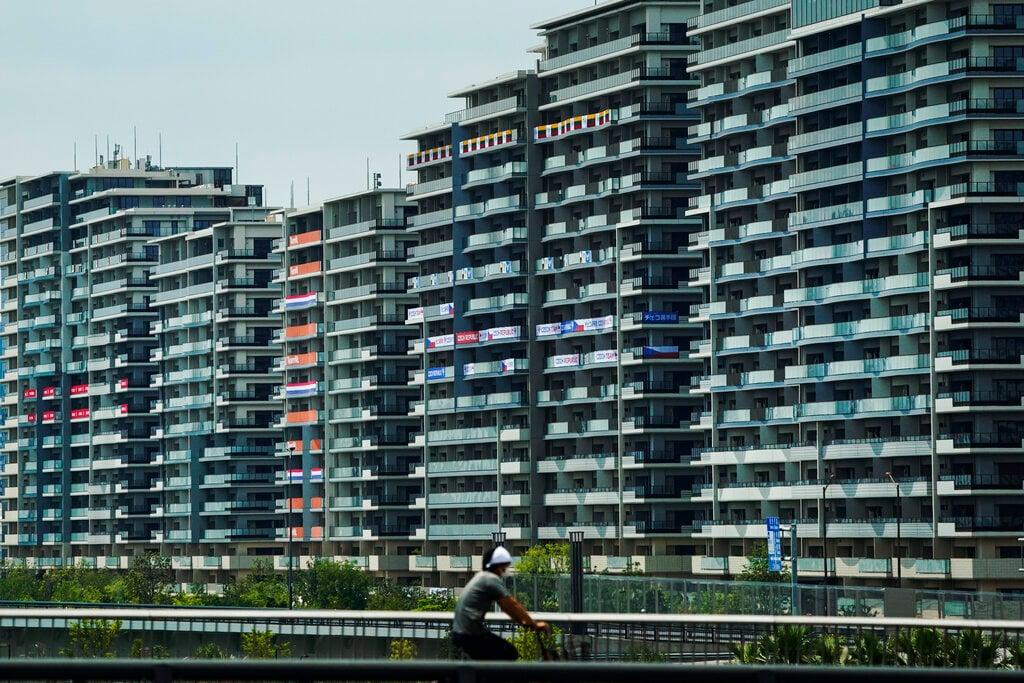Tokyo Olympics organisers investigating athletes for boozing together
Athletes are permitted to drink alcohol only in their rooms and only if they are alone, as a precaution against Covid-19.
Just In
Tokyo Games organisers have said they are investigating after a group of athletes were found drinking alcohol in the Olympic village this week, violating measures designed to prevent the spread of Covid-19.
The athletes were caught drinking in a park in the athletes’ village on Friday night, Tokyo 2020 CEO Toshiro Muto told a news conference.
“We are looking into the matter. We will take appropriate steps based on our findings,” he said. Police were also at the scene, he added without clarifying what action they took, if any, Reuters is reporting.
Muto did not give details of the number of athletes involved or their nationalities.
Organisers previously said athletes are permitted to drink alcohol only in their rooms and only if they are alone, as a precaution against Covid-19.
Drinking and partying are normally features of life in the Olympic village, as athletes let off steam after years of grueling training once their competitions end.
But with Tokyo 2020 taking place without spectators and under tight social distancing measures because of the pandemic, athletes have been subject to daily testing and their movements limited inside a “bubble”. Many have taken to social media to complain of boredom.
Organisers had said they planned to give out 150,000 condoms at the Games, but would tell athletes to take them home rather than use them in the village.
Separately, organisers have said six people attending the Games have so far had their accreditation revoked for violating rules imposed to hold the Olympics safely.
Meanwhile, a controversy has fizzled out as former male weightlifter Laura Hubbard competed in the women’s competition.
There had been a furor over her inclusion, with a petition launched on Change.org to stop her competing gaining thousands of signatures.
The appeal argued that her entry “completely ignores the physical advantages in speed, height, stamina and strength that a male-born athlete will have”.
Change.org ultimately shelved the petition just before her debut, citing hate speech.
But in the event, her groundbreaking Olympics debut didn’t quite go as many had feared with her out-lifting all of her female opponents.
Hubbard, who made history as the first transgender athlete to compete at the Olympics, was eliminated after failing to record a single lift in three attempts in Monday’s over-87-kilogram super-heavyweights.
Though Hubbard satisfies the protocol for transgender athletes as first established by the International Olympic Committee in 2015, her testosterone levels are still several times greater than the standard for biological women.
Subscribe to our newsletter
To be updated with all the latest news and analyses daily.
